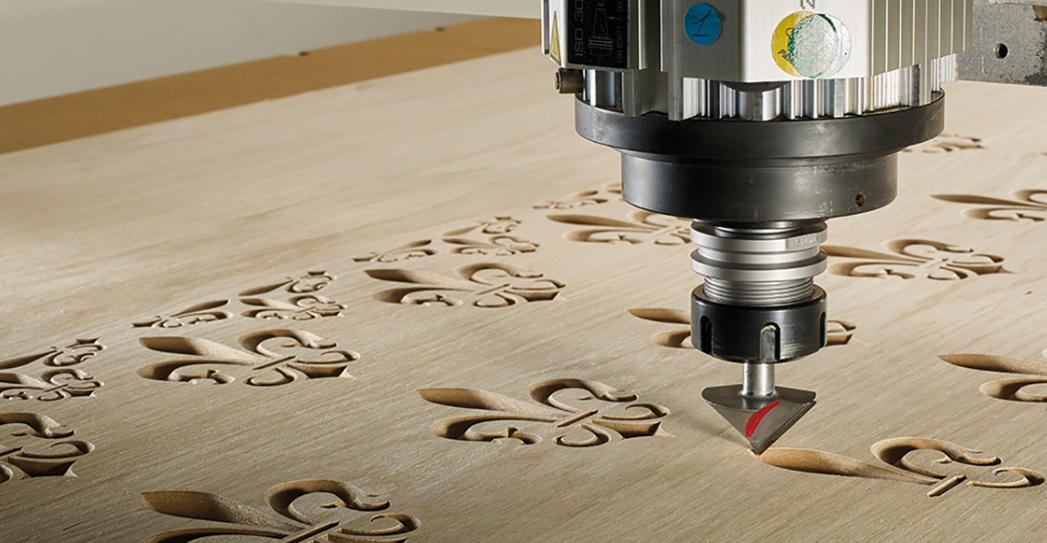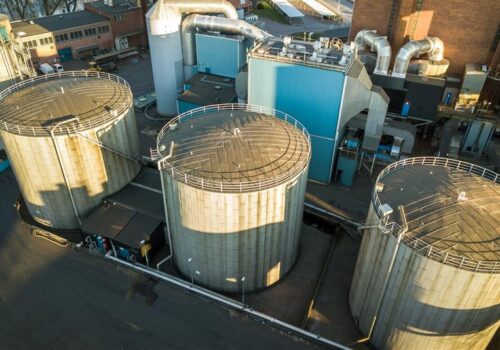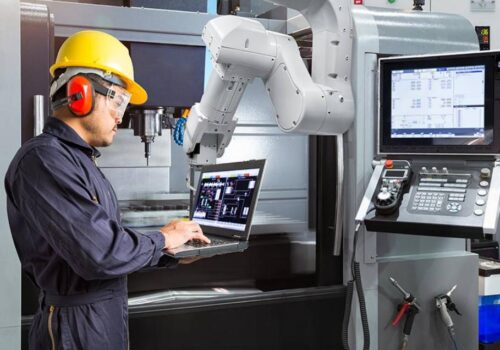A Guide to Looking for a Suitable CNC Router
Choosing the right CNC router can be a daunting task, especially with the variety of options available on the market. Whether you are a hobbyist, a small business, or a large manufacturing company, finding a router that meets your specific needs is crucial for maximising efficiency and quality in your projects. This guide will help you navigate the key factors to consider when looking for a suitable router.
Determine Your Needs
Before diving into the technical details, it’s essential to clearly define your needs. What type of projects will you be working on? What materials will you be cutting or carving? Understanding your specific requirements will help narrow down the options and ensure you select a machine that meets your needs.
Size and Workspace
The size of the CNC router is a critical factor. Consider the maximum size of the material you will be working with and ensure that the router’s working area can accommodate it. For small workshops or hobbyists, a desktop CNC router in NZ might be ideal due to its compact size and versatility. Larger businesses, on the other hand, might need a full-sized router to handle more extensive projects.
Spindle Power
The spindle is the heart of the CNC router, and its power determines the types of materials you can work with and the quality of the cuts. A higher power spindle can cut through denser materials like hardwood or metals, whereas a lower power spindle might be sufficient for softer materials like plastic or foam. Ensure the spindle power matches the demands of your typical projects.
Software Compatibility
CNC routers are controlled by software, which converts digital designs into precise movements. It’s important to choose a router compatible with the software you are comfortable using. Look for user-friendly software that offers the features you need, such as design tools, simulation, and customisation options.
Accuracy and Precision
The primary advantage of a CNC router is its ability to produce highly accurate and consistent results. Check the machine’s specifications for its resolution and repeatability. Higher resolution means more precise cuts, which is essential for intricate designs and detailed work.
Build Quality and Durability
Investing in a well-built CNC router ensures longevity and reliability. Look for machines constructed with durable materials like steel or aluminium, which can withstand rigorous use without compromising performance. A robust frame also minimises vibrations, leading to more precise cuts.
Support and Warranty
Technical support and warranty are crucial factors, especially for those new to CNC machining. Ensure that the manufacturer or supplier offers reliable customer support and a comprehensive warranty. This can save you significant time and money in case of technical issues or malfunctions.
Conclusion
In conclusion, finding the right CNC router involves carefully considering your specific needs, the machine’s size, spindle power, software compatibility, accuracy, build quality, and available support. By taking these factors into account, you can select a router that will enhance your productivity and the quality of your work. Whether you opt for a full-sized router or a desktop router in NZ, making an informed decision will ensure you get the best value for your investment and achieve excellent results in your projects.





